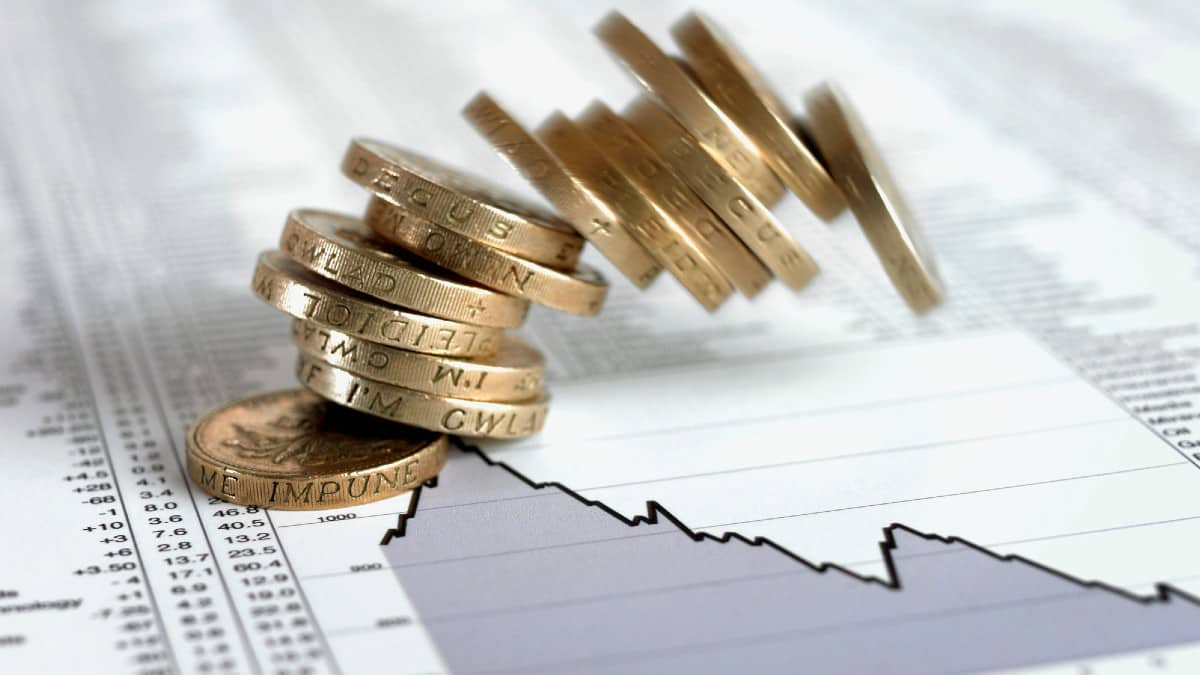Let’s recap what’s happened to the Cineworld (LSE: CINE) share price.
On 17 August, the cinema chain operator revealed that it was looking for some kind of rescue plan to shore up its balance sheet. The company warned us that “any deleveraging transaction will likely result in very significant dilution of existing equity interests in Cineworld.“
That sent the share price into a tailspin, and it slumped by 60% on the day. But worse was to follow.
Should you invest £1,000 in Diageo right now?
When investing expert Mark Rogers has a stock tip, it can pay to listen. After all, the flagship Motley Fool Share Advisor newsletter he has run for nearly a decade has provided thousands of paying members with top stock recommendations from the UK and US markets. And right now, Mark thinks there are 6 standout stocks that investors should consider buying. Want to see if Diageo made the list?
Bankruptcy
As rumours of possible bankruptcy started to circulate, Cineworld shares fell further. Then on 22 August, we had a response to media speculation.
The announcement said: “The strategic options through which Cineworld may achieve its restructuring objectives include a possible voluntary Chapter 11 filing in the United States and associated ancillary proceedings in other jurisdictions.”
The shares fell further. And by market close that day, they were 85% down from where they’d been before the initial warning.
The company added: “Any such filing would be expected to allow the group to access near-term liquidity and support the orderly implementation of a fully funded deleveraging transaction.”
Control
That’s essentially what Chapter 11 bankruptcy does. It allows a struggling company to carry on operating, as it attempts to work out a controlled solution to its problems. So it can defuse a short-term panic, and reassure employees that it’s worth getting up for work tomorrow.
But it might not have much effect on the ultimate outcome. The announcement stressed: “As previously announced, any deleveraging transaction would, however, result in very significant dilution of existing equity interests in Cineworld.”
That’s where things stand at the time of writing, with Cineworld shares closing at 2.9p on 23 August. So what happens now?
Going concern
As part of the bankruptcy process, Cineworld will look for a rescue package. The company said it expects its business to continue operating in the long term, “with no significant impact upon its employees.” The firm’s chain of cinema properties does, after all, represent valuable working assets.
The big question is who will own what at the end of the day. And when it comes to financing a rescue package, shareholders are way down the pecking order for any recompense.
Essentially, creditors will come first. How much debt might a rescued company pay off, and how much might it retain going forward? Well, that’s anybody’s guess.
How much left?
Right now, Cineworld’s market cap stands at approximately 14% of its valuation at market close on 16 August. Will that 14% represent a fair valuation of the equity currently owned by existing shareholders after any possible rescue deal is concluded?
That’s what potential investors have to decide for themselves. They need to try to quantify that “very significant dilution of existing equity interests in Cineworld“.








